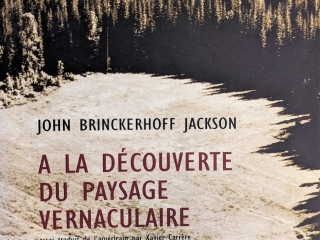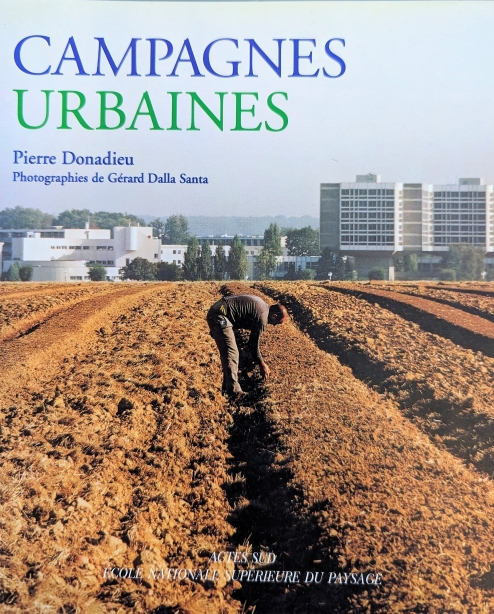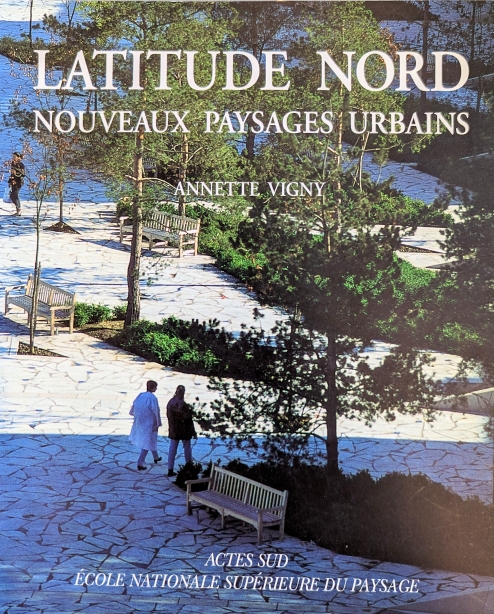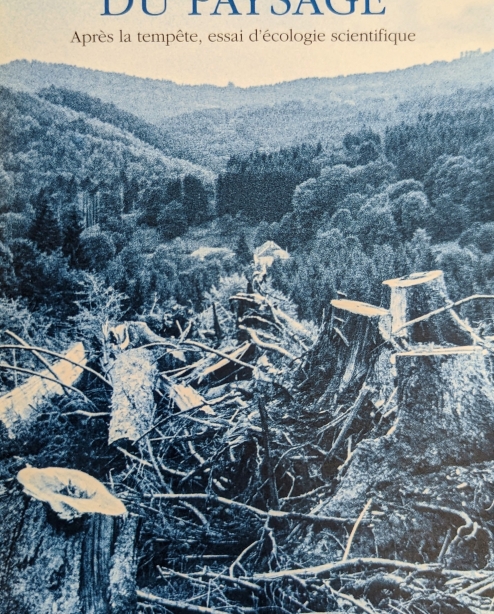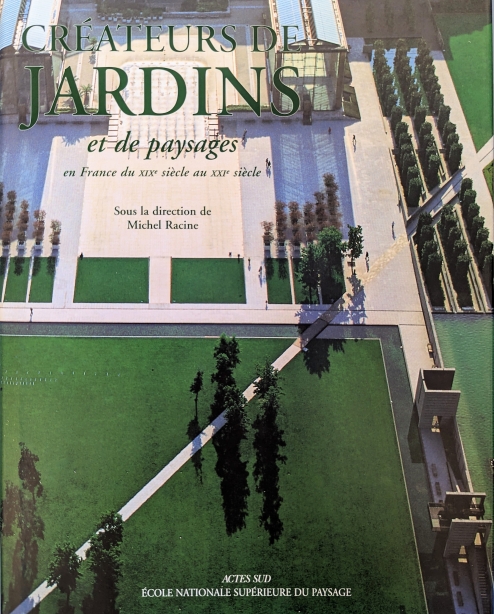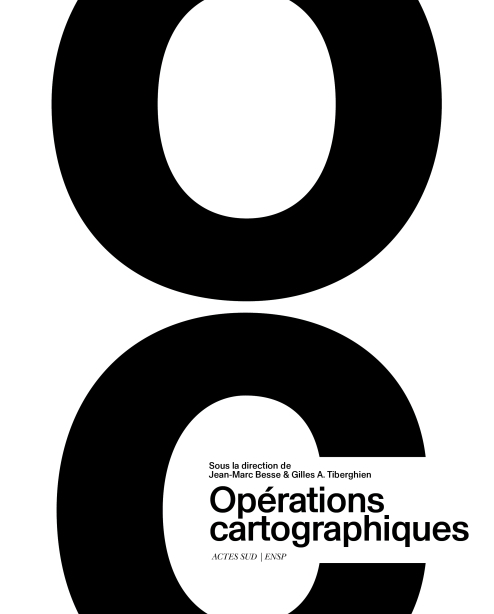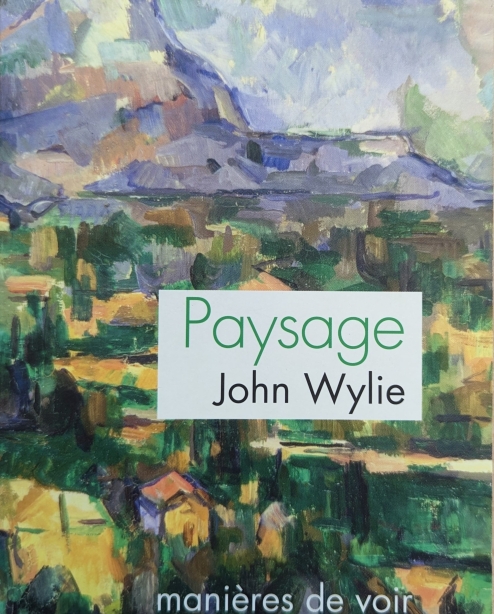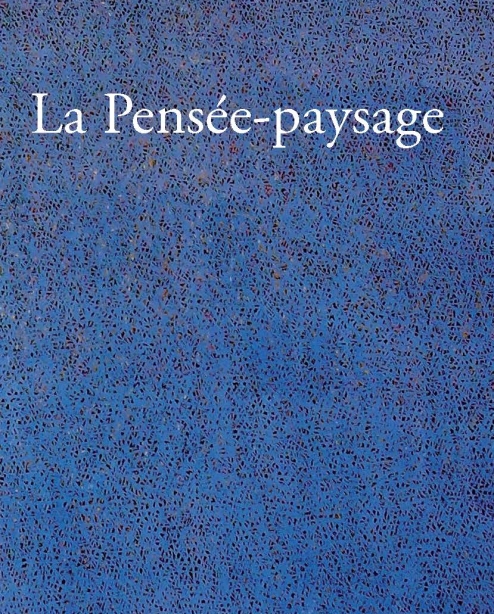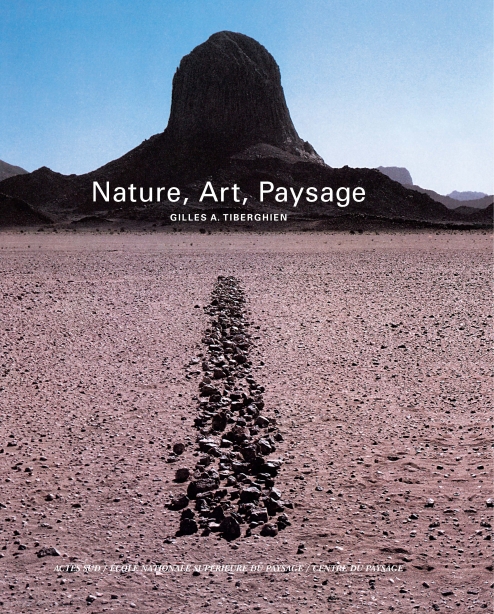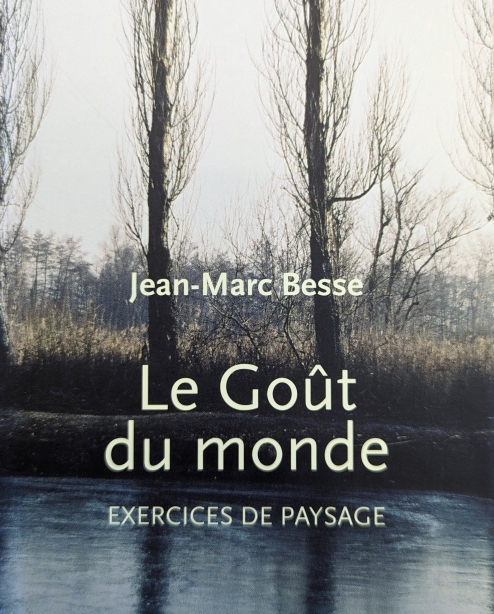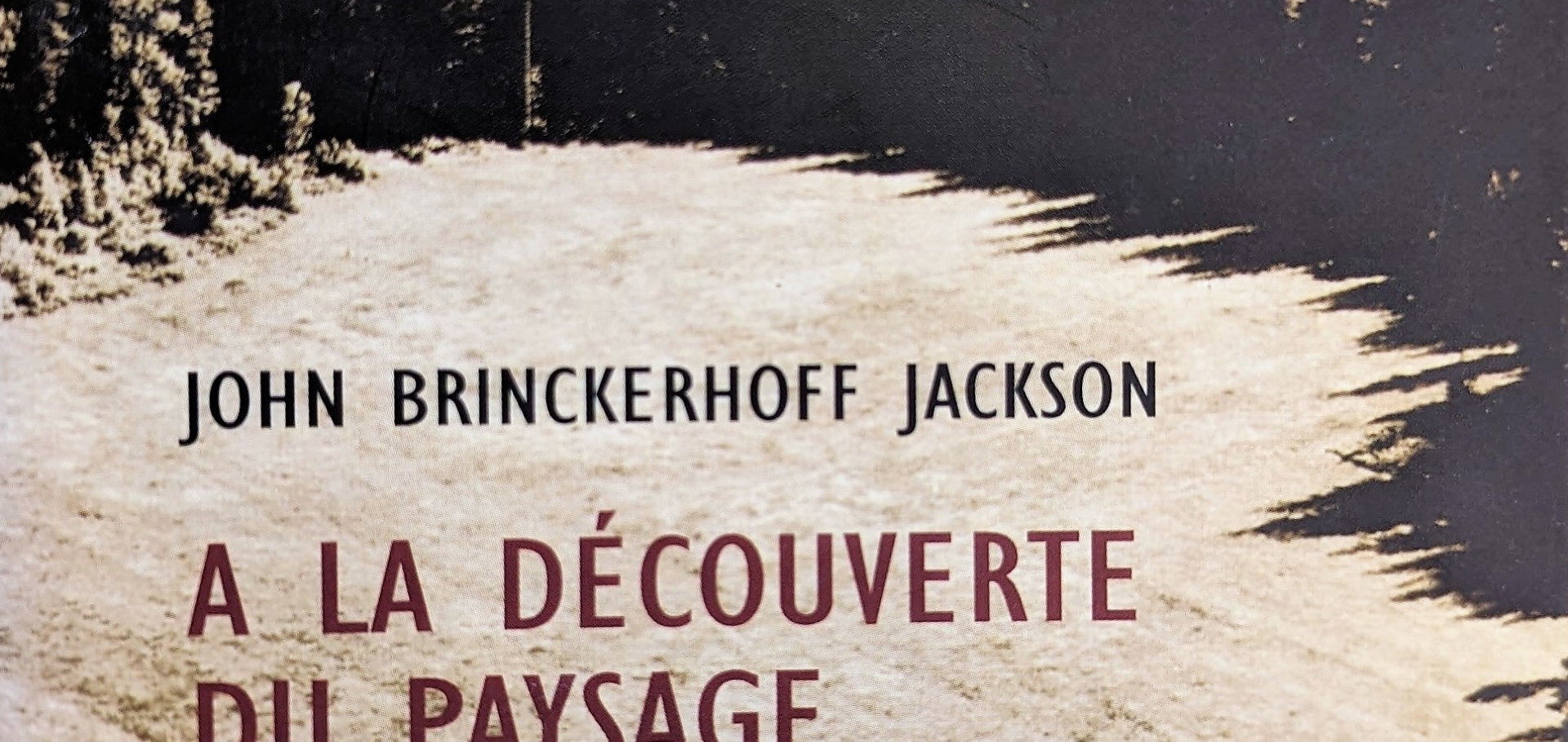
Publications Ouvrage : À la découverte du paysage vernaculaire
John Brinckerhoff Jackson
Édition : Actes Sud / École nationale supérieure de paysage
Publié le
Présentation
L'œuvre de John Brinckerhoff Jackson reste peu connue des lecteurs français. Pourtant, pendant près d'un demi-siècle, Jackson a joué aux Etats-Unis un rôle de premier plan dans la constitution d'un champ de réflexion théorique et historique nouveau : le paysage. Formé à la culture des paysages européens, par ses voyages dans l'Europe d'avant-guerre et par ses lectures des géographes français, Jackson a fait partie, après 1945, de ceux qui ont fondé l'enseignement et la recherche sur les paysages américains, dont il a perçu, et promu, la véritable originalité. À la découverte du paysage vernaculaire est le premier livre de Jackson traduit en France. L'auteur y définit tout d'abord le paysage : avant d'être contemplé et apprécié esthétiquement, il est produit et habité par les hommes, qui organisent collectivement, selon le principe du bien-être, leur cadre d'existence sur la Terre. Il nous livre ensuite une distinction fondamentale entre le "paysage politique" (produit par le pouvoir) et le "paysage vernaculaire" (fabriqué localement par les habitants), qui révèle deux manières d'aménager l'espace à travers l'histoire. Il observe aussi, avec humour, le devenir des paysages contemporains : les parcs publics, l'habitat mobile, etc. et y voit, avec confiance, de nouvelles formes de la conscience paysagère où habiter ne se confond plus nécessairement avec demeurer. Enfin, évoquant ses souvenirs de la Deuxième Guerre mondiale, à laquelle il a participé en tant qu'officier de renseignements, il montre en quoi l'intérêt pour le paysage est d'abord l'expression d'un intérêt et d'un attachement pour le monde.
Discovering the Vernacular Landscape
John Brinckerhoff Jackson's work has remained largely unknown to French readers. However, for over fifty years, Jackson has played a key role in the United States in the construction of a new field of theoretical and historical reflection: the landscape. Trained in the culture of European landscapes, through his journeying around Europe before the war, and by his reading of French geographers, after WWII, Jackson was one of the founders of teaching and research into American landscapes, the true originality of which he revealed and promoted. Discovering the Vernacular Landscape is the first of Jackson's works to be translated into French. The author first defines landscape: before aesthetic contemplation and appreciation, landscapes are produced and inhabited by people, who, according to the principle of well-being, collectively organise their living environment on Earth. He then shows us the fundamental distinction between the "political landscape" (produced by power), and the "vernacular landscape" (produced bylocal inhabitants), which reveals two ways of organising space through history. He also humorously observes the future of contemporary landscapes as public parks and mobile habitats, and, with great confidence, discovers new forms therein of landscape consciousness where inhabiting and living are two separate ideas. Finally, evoking memories of the Second World War, during which he was an intelligence officer, he shows how interest in landscape is primarily the expression of an interest in and an attachment for the world.
